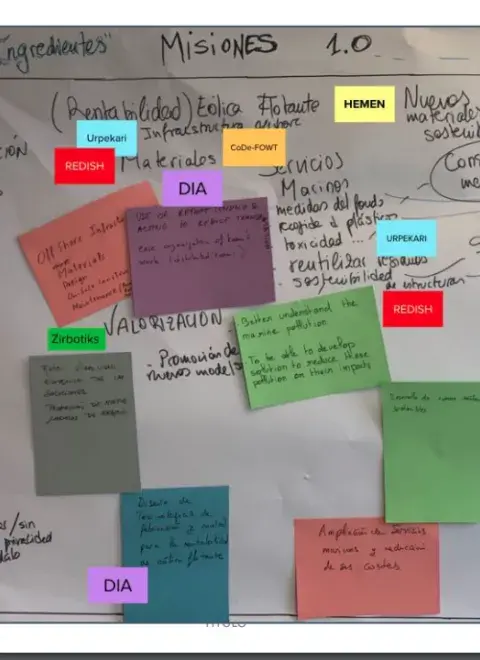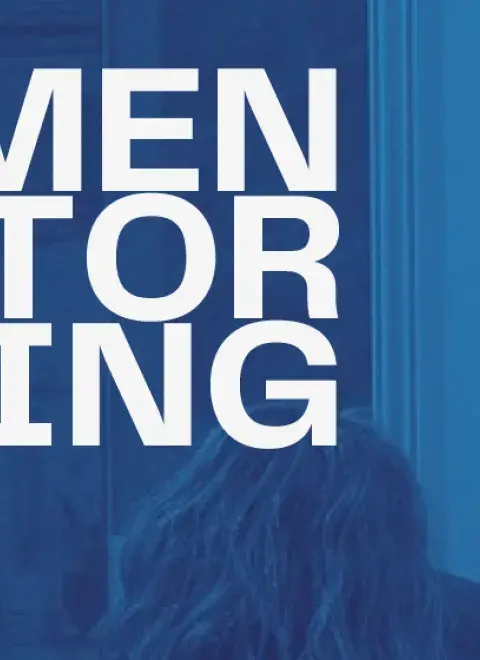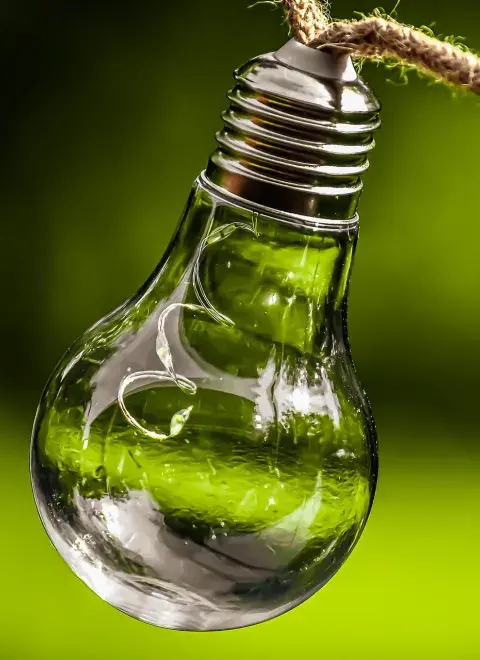Missions 2.0
Origin
Following the first experience with the Euskampus COVID-19 Resilience programme, launched in 2020, and the “Euskampus Missions 1.0” Programme in 2021, promoting more resilient societies and the sustainability and recovery of oceans, the current Missions 2.0 programme is aimed at exploring and exploiting artificial intelligence as a key development factor for tackling major scientific, technological, economic and social challenges. More specifically, it is aimed at the areas of personalised healthcare, the circular economy and responsible consumption, inclusive and advanced society, and cleaner energy.
The current situation requires joint forces to move towards more resilient, sustainable and equitable societies. Artificial intelligence (AI) provides a wealth of opportunities to facilitate socio-economic progress in the right direction and at the right pace in order to better address a range of scientific, technological, economic, social and political challenges that require complex cooperative responses by working together.
More specifically, this themed focus seeks to promote collaboration between research groups from diverse fields, including social and human sciences which, in conjunction with groups from a variety of disciplines, put forward innovative projects from the point of view of their research purpose, methodology and interdisciplinary and systematic approach.
Requirements
Two types of project may be submitted: “Cooperative Research and Innovation” and “Educational Innovation” which will need to comply with the minimum requirements summarised as follows:
- Each project shall require the participation of at least two research groups from any Euskampus Institution (UPV/EHU, Tecnalia, DIPC or the University of Bordeaux).
- Euskampus Institutions will be the direct beneficiaries, exclusively, although other partner institutions may participate in the project as long as they are part of the Basque Science, Technology and Innovation System (SVCTI) and/or come from New Aquitaine.
- Project leadership must be undertaken by two Euskampus Institutions, Projects where the Lead Researchers are young researchers and/or women will be welcomed. To facilitate the search and connection with potential artificial intelligence collaborators, you can access the EAAgune (Euskampus AI Community) Capabilities Map where you can find research groups of the Euskampus Institutions that develop, create or apply AI in varying degrees.
To facilitate the search and connection with potential artificial intelligence collaborators, you can access the EAAgune (Euskampus AI Community) Capabilities Map where you can find research groups of the Euskampus Institutions that develop, create or apply AI in varying degrees.




